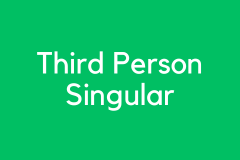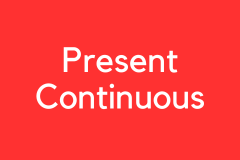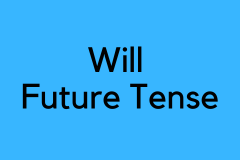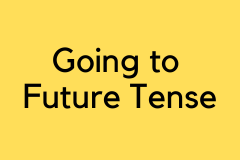Future Tenses
Learn how to use the future tenses in English.
Can you answer these grammar questions correctly?
Will for Future Tense
Point 1: We use will to talk about things happening in the future. It is used to talk about plans, predictions, or things we decide at the moment.
- I will see you tomorrow.
- The meeting will start soon.
- She will not be here next week.
- It will not be easy to pass the exam.
Point 2: The negative form of will is will not. In speaking, we usually use the contraction won't instead of will not. In formal writing, avoid contractions.
- We won't have enough money.
- She won't get home until six.
- The test won't be easy.
- I won't travel this year.
Point 3: We use will to talk about quick decisions or things we decide to do right now.
- Who will be at the meeting?
- Everyone will be there.
- When will it end?
- It will end at noon, just before lunch.
Point 4: We often use the short form of will (I’ll, you’ll, she’ll, etc.) in conversation. It is a natural way to speak, but we should not use contractions in formal writing.
- I'll call you tomorrow.
- She'll be here soon.
- They'll give you a call this week.
- Arnold always says, "I'll be back," in his movies.










